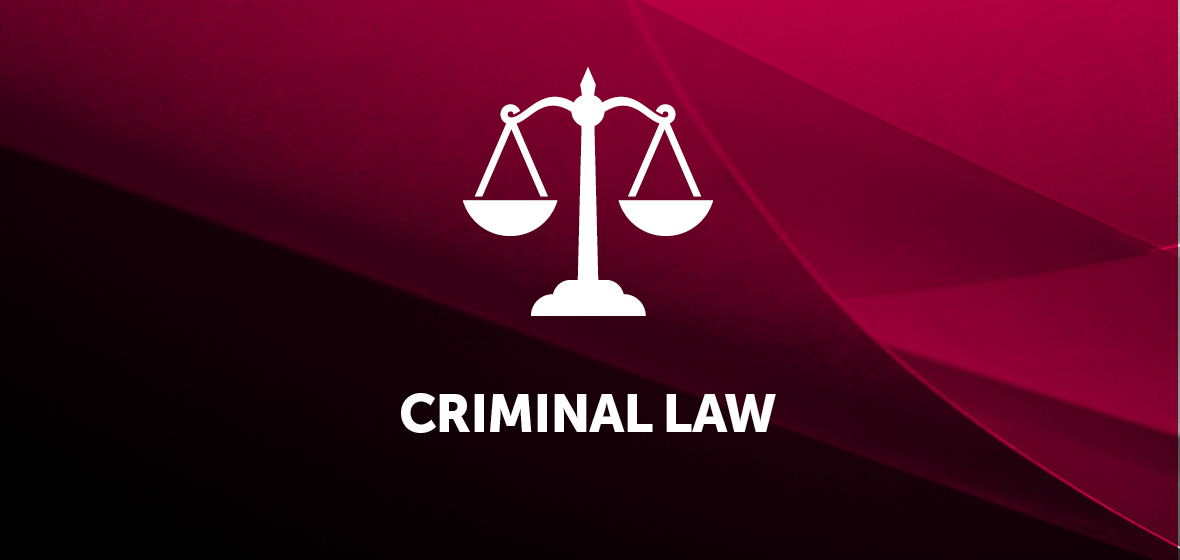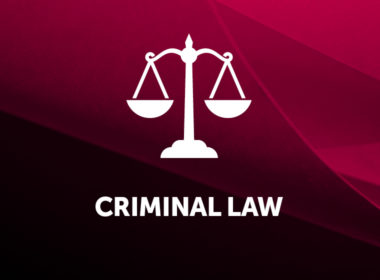Key decisions
- Momoa v R [2020] NSWCCA 328
- Wany v DPP [2020] NSWCA 318
Momoa v R [2020] NSWCCA 328
Appeals – sentencing – lawyer’s obligations where incompetence alleged
In this decision the Court of Criminal Appeal has clarified the obligations of a former lawyer where incompetence is alleged against them by subsequent lawyers.
The applicant pleaded guilty and was sentenced in the District Court in relation to aggravated robbery charges. He appealed his sentence on grounds which all ultimately turned on the asserted incompetence of his former lawyer, who was said to have failed to obtain evidence about assistance to authorities, and failed to obtain or adduce evidence about the applicant’s mental illness.
The solicitor had not provided an affidavit for the appeal, despite a request from the Crown. She did provide part of the file to the new solicitor but did not include conference notes and the like. She was slow to answer questions from the Crown which were specifically directed to the grounds of appeal. Literally on the eve of the hearing of the appeal, she sent the Crown an email attaching a small number of emails and providing brief answers to the questions that had been posed. There had been a waiver of privilege, signed by the applicant.
McCallum JA (Johnson and R A Hulme JJ agreeing) held that the solicitor ought to have provided an affidavit in response to the Crown’s request. There are number of reasons why it is appropriate for the Crown to seek an affidavit from a former lawyer in such a case. One is to afford the former lawyer procedural fairness, so that they can defend their conduct. More importantly, it is appropriate (and arguably a part of the duty of a prosecutor) for the Crown to try and obtain the most complete and reliable information about the circumstances, so as to be able to put that information before the court where it is relevant. A convicted person’s account may or may not be reliable – but the former lawyer’s evidence will be relevant. Failure to obtain that evidence might leave the client less able to prove the factual basis for their appeal, or it might allow an appeal ground to be more easily established despite what actually happened; either scenario is apt to divert the course of justice (all at [4]-[5]).


